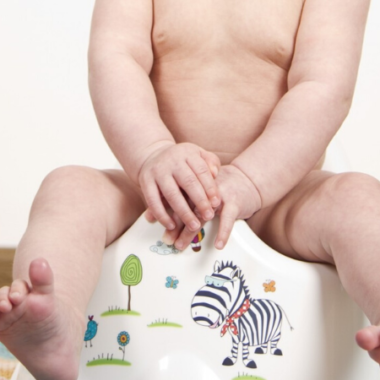Tantrum is a term used to describe the act of anger, frustration, and destruction in toddlers, usually at the age of 1-3 years old. The extent with which tantrum is displayed varies among children, for instance, a child trying to throw the ball into his basketball court but couldn’t become angry and begin to cry, however, in this same situation, another child may be so outraged that he can start destroying whatever he sets his eyes.
Tantrum in children can be embarrassing and frustrating for parents especially if it occurs often and in public places. A child crying loudly, hitting, destroying, screaming, whining, or howling at a restaurant or other public places will get everyone’s attention which can be shaming and upsetting for the parent. To avoid this situation, parents need to have control of their children’s temper tantrums with tips that will be discussed later.
Why do toddlers have temper tantrums?
- Inability to express their emotions or when they need something because they can’t talk yet
- Having difficulties in completing a task
- Being naturally hot tempered
- Lack of self-control
- Tiredness, sickness, overstimulation, boredom, hunger, or discomfort.
What to do during your child’s Tantrum
Your kid can injure himself when frustrated. Being in control of such a situation as a parent can make things better and prevent it from happening later in the future, To avoid this, here are ways to cope during your child’s tantrum.
- Do not raise your voice as talking gently will catch your child’s attention and would calm him
- Control your anger or frustration in order not to worsen the situation
- Keep things that your child is likely to destroy out of the way
- Remove dangerous objects to prevent an accident
- Hold him tightly if he’s throwing or hitting things
- Ignore your child once you notice he’s only throwing tantrums to seek attention, however, don’t keep your eyes off him
Recommended: Toddler Not Sleeping? These 9 Hacks Will Change it All
Tips To Prevent Your Toddler From Throwing Tantrum
A tantrum is an act that should be controlled in children as early as possible because if left unattended, it can affect the child later in the future. To put an end to a tantrum. Parents should practice the followings:
- Identify the reason behind your child’s tantrum: Knowing what caused your child’s temperament will help you prevent it later in the future. For instance, if the reason why your child is throwing tantrums during shopping is hunger, ensure that he eats next time before leaving home or you pack some snacks for him.
- Let your child make positive decisions/choices: Feel free to ask your child to choose, “Would you wear the yellow shirt or the blue one?”, “Would you like to have the apple juice or orange juice?” Being able to choose for himself can lit up his mood.
- Teach your child good behavior: It is your responsibility to teach your child the difference between what is right or wrong. If your child thinks throwing tantrum helps him get whatever he wants, you have to stop giving him to help him leave that bad behavior. If he changes, praise him by buying his favorite gift or hugging him to encourage him to do more.
- Ensure that your child is not tired or hungry: Your child will be angry when hungry especially if he doesn’t know how to express himself. If you are going out together, keep snacks for him to eat later.
- Keep some situations away from your child: Whenever you are arguing with your spouse or anyone, ensure that your kid is not present. As a parent, you are your child’s role model before anyone else can be, so try as much as possible to maintain positivity around him.
- Be attentive: Listening attentively or being available when your child needs you can help reduce throwing tantrums.
When to see a professional over your child’s tantrum
It is normal for kids to become frustrated when they can’t express their feelings or their needs are not attended to. However, kids that outrageously throw tantrums may require a professional’s attention to completely curb the act especially when the parent’s effort is to no avail. Seek help if your toddler’s tantrum is continuously;
- Throwing things angrily
- Refusing to eat
- Being overly aggressive
- Being violent; by harming himself or other people
- Throws tantrums frequently and intensely
- Your child refuses to cooperate until you give in
- You think the situation is above you and you need some advice
- Your child throws tantrums continuously and even worsen after age 4
- How Setting Postpartum Boundaries made me lose my brother - February 6, 2025
- How To Revive Your Sex Life After Baby - October 17, 2023
- The Sona App Aims To Make Your Child “Sleep Like A Baby” And We Tested It - May 14, 2023








